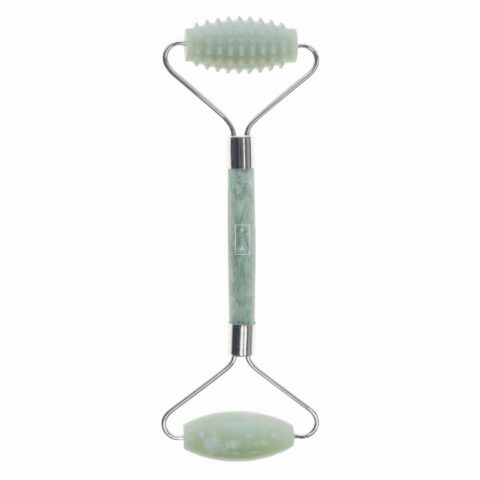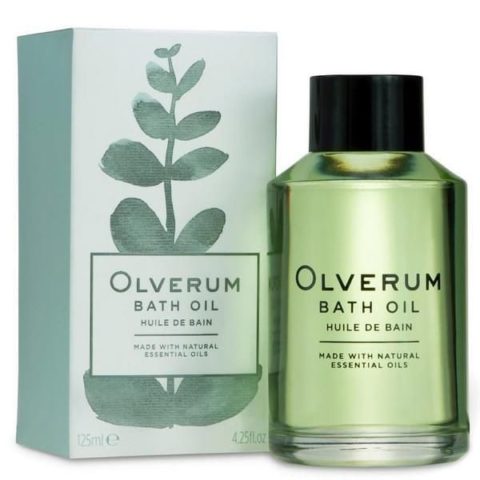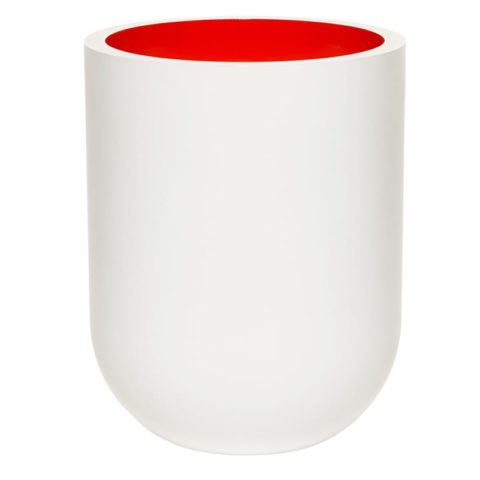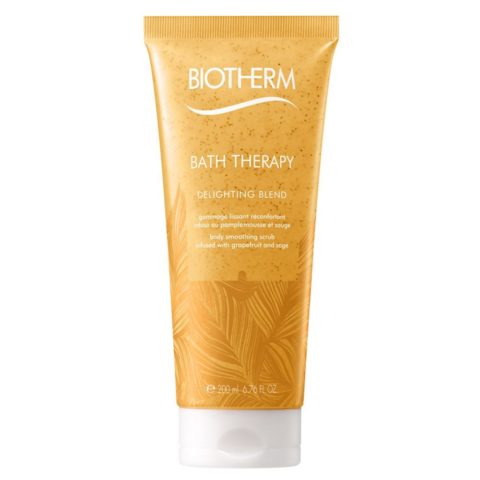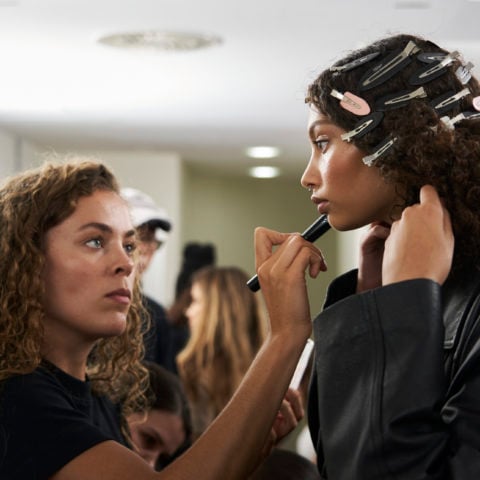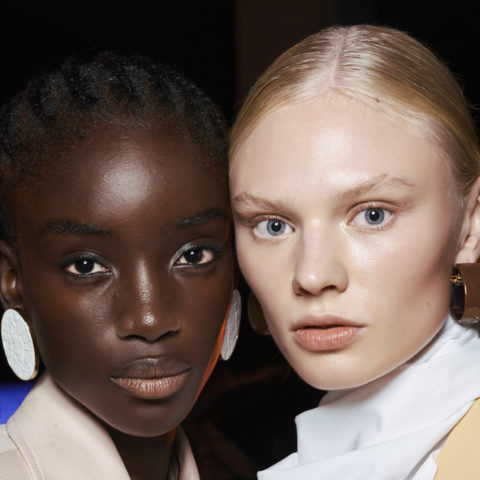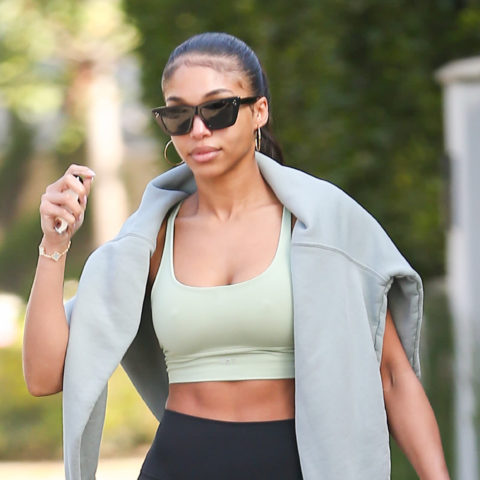Why Has Getting the Best Sleep Possible Now Become an Obsession?
“There is no sunrise so beautiful that it is worth waking me up to see it.” The now-famous quote from Mindy Kaling’s 2011 book, Is Everyone Hanging Out Without Me? (And Other Concerns), found itself meme-ified when the book was released, and seven years later, it’s still tweeted almost daily. Personally, I love sunrises, but I feel pretty indifferent about sleep, so I vehemently disagree.
The recommended hours of sleep for adults aged 18 to 64 is seven to nine. One-third of Canadians get fewer than that.
Like a child passionately avoiding nap time, I will happily be awakened any time, anyplace, for reasons much less spectacular than a sunrise. I welcome any interruptions from the—pardon the pun—snoozefest that is slumber. When I tell people that six hours is the sweet spot that makes me feel my best (yes, even on weekends; no, I don’t crash by noon), reactions usually come in the form of horror, especially from my fellow millennials, who, it appears, are in constant competition to see who can get the most—and best—sleep.
People used to brag about pulling all-nighters, says Amy Chung, Canada beauty industry analyst at market research firm The NPD Group. “Now, they are bragging about how much sleep they’re able to get.” Many celebrities are shedding their reputations for partying and getting in on the (lack of) action. Jennifer Lopez insists on getting eight hours of sleep a night, while Mariah Carey needs a whopping 15 hours before a performance.
Sleep, a basic human necessity, has morphed into a status symbol. It requires money, effort and, of course, time.
Sleep, a basic human necessity, has morphed into a status symbol. It requires money, effort and, of course, time. Take, for instance, the pre-bedtime routine that has become popular Instagram content. First, there’s the evening bath. Can’t forget the photo of your toes peeking out from underneath the bubbles, a wineglass in the corner. (Drake lyrics for the caption are optional but recommended.) Then, your 12-step skincare routine belongs on IGTV. (Don’t forget to tag the brands!) What used to dominate our feeds—poorly lit restaurant photos and embarrassing bar-bathroom selfies—has been replaced with carefully curated photos that say “I’m at home, and I’m relaxing.” Not that there’s anything wrong with that. In fact, it’s simply a sign of the times.
Every aspect of the sleep industry (an offshoot of the self-care category) is seeing huge growth in numbers. High-end mattress brand Casper partnered with Nordstrom this past summer to create a “Sleep-In” pop-up at nine locations, including Toronto and Vancouver, to help customers “find everything they need to achieve the best rest and relaxation possible,” says Olivia Kim, Nordstrom’s vice-president of creative projects. The result was a collection of products that catered to every step of the sleep process: toothbrushes, mattresses, room sprays and even dental floss—because good sleep isn’t a one-step operation.
What used to dominate our feeds—poorly lit restaurant photos and embarrassing bar-bathroom selfies—has been replaced with carefully curated photos that say “I’m at home, and I’m relaxing.”
“About a year ago, we noticed a dramatic growth in home-scent sales,” says Chung. Millennials were buying prestige $200 candles. “And now, bubble bath sales have grown by 53 per cent,” she adds. If this sounds like a perfect segue into why millennials can’t afford to buy real estate, rest assured that it’s not—but it is related. “It’s gotten expensive to buy a house,” says Chung, “so millennials are transforming their spaces to make them more luxurious because they’re renting for longer.”
It must be pointed out that the business of optimized sleep is indeed a business—one that primarily caters to the privileged. Between white-noise machines, ultra-high thread counts and sumptuous bath oils, getting the best sleep of your life doesn’t come cheap.
“It’s gotten expensive to buy a house, so millennials are transforming their spaces to make them more luxurious because they’re renting for longer.”
Given the current political landscape, why wouldn’t people want to stay home and relax? When things get chaotic, it’s human nature to retreat. Perhaps this sleep- and relaxation-obsessed moment in time will go down in history as our version of the “lipstick effect,” which can be traced back to the Great Depression in the 1930s: While industrial production in the United States dropped by 50 per cent, sales of cosmetics skyrocketed.
Today, after watching the news or scrolling through Twitter, “you get a sense of helplessness. It makes you want to get cozy in your own environment and create a safe space,” says Donna Regii, North American managing director of This Works. The beauty brand was founded in 2003 by former British Vogue beauty director Kathy Phillips to develop products that would maximize skin’s performance throughout the day, based on the human body’s natural clock. “Sleep is a luxury, but it’s also a choice,” continues Regii. “Some people thrive on six hours a night, and others don’t.” The brand’s bestseller is the Deep Sleep Pillow Spray, formulated with a blend of lavender, vetiver and chamomile to encourage quicker sleep.
Forty-three per cent of Canadian men and 55 per cent of Canadian women say they have trouble going to sleep or staying asleep.
So why do we keep spending our precious time and hard-earned money on bathing and sleeping—things we were doing long before they became trendy? “Even though they’re material things, they have the ability to change how we think and how we feel,” says Chung. “It’s an experience.”



